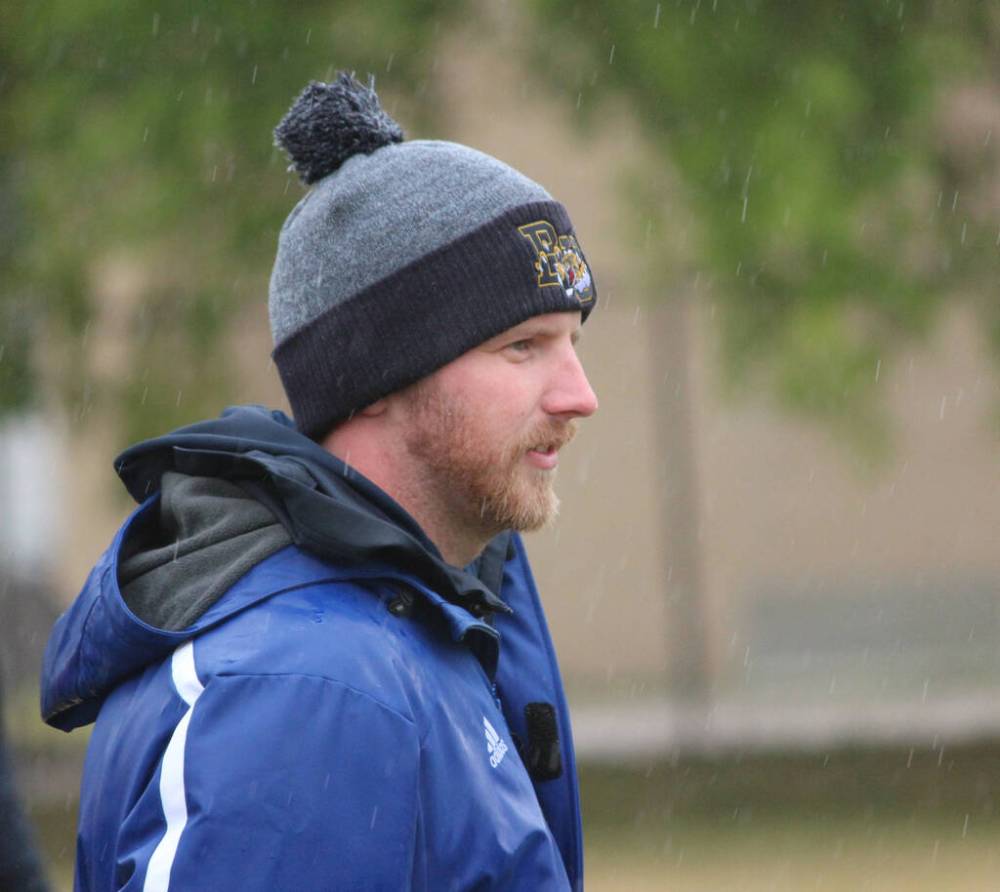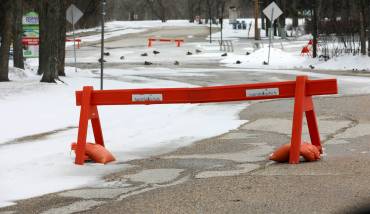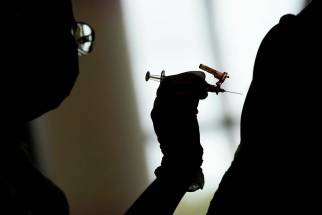Brandon University soccer coach displayed ‘pattern of sexually harassing behaviour’: investigator One player forfeited scholarship because of him, others suffered mental-health stress
Read this article for free:
or
Already have an account? Log in here »
To continue reading, please subscribe:
Monthly Digital Subscription
$0 for the first 4 weeks*
- Enjoy unlimited reading on winnipegfreepress.com
- Read the E-Edition, our digital replica newspaper
- Access News Break, our award-winning app
- Play interactive puzzles
*No charge for 4 weeks then price increases to the regular rate of $19.00 plus GST every four weeks. Offer available to new and qualified returning subscribers only. Cancel any time.
Monthly Digital Subscription
$4.75/week*
- Enjoy unlimited reading on winnipegfreepress.com
- Read the E-Edition, our digital replica newspaper
- Access News Break, our award-winning app
- Play interactive puzzles
*Billed as $19 plus GST every four weeks. Cancel any time.
To continue reading, please subscribe:
Add Free Press access to your Brandon Sun subscription for only an additional
$1 for the first 4 weeks*
*Your next subscription payment will increase by $1.00 and you will be charged $16.99 plus GST for four weeks. After four weeks, your payment will increase to $23.99 plus GST every four weeks.
Read unlimited articles for free today:
or
Already have an account? Log in here »
Hey there, time traveller!
This article was published 25/04/2022 (1323 days ago), so information in it may no longer be current.
An independent investigator has found a soccer coach at Brandon University repeatedly abused his position of power over young female athletes, inappropriately partied with them and demonstrated “a pattern of sexually harassing behaviour.”
A new external investigation into allegations against Jesse Roziere — a probe undertaken after the Free Press exposed a botched internal review — details the events that led to the university placing the former Bobcats trainer on paid leave in September.
Roziere, 30, became assistant coach of the women’s soccer team in 2019-20, after spending three seasons with the BU men’s team. He was heading into his second year as top trainer with the women’s team when the university announced his sudden departure amid a misconduct scandal.

Pamela Clarke, a human-rights lawyer based in Winnipeg, was hired by the university in September to revisit concerns about Roziere — the first of which were raised in late 2020 by a former player in her early 20s who said she left the team because of him.
Clarke’s 52-page report concludes that the coach violated both the school’s discrimination and harassment prevention policy and its sexualized-violence policy.
“The complaint is all about boundaries, and how the respondent has not shown the judgment to stay on the right side of the lines that separate those boundaries,” she wrote in the confidential document, which was finalized on Dec. 23 and recently obtained by the Free Press.
“(Roziere) failed to understand the premise that he had a position of authority within the university’s soccer program.”

Clarke considered evidence presented to her by four soccer players who stepped forward as a complainant group, their former coach and witnesses to determine whether 14 allegations had merit on a balance of probabilities. The process involved an examination of photos, text messages and other evidence.
She determined 13 of the claims were true.
While she said evidence did not support one player’s assertion that the coach bullied her into leaving the team after disclosing personal health needs to him, Clarke indicated Roziere condoned bullying towards her.
The findings indicate Roziere asked a female athlete on a date when he was coaching, made various sexual advances on players and sent one a video of him acting suggestively with a banana — and after learning she had recorded it, blackmailed her not to show it to anyone.
Roziere had a habit of sending drunken messages to students to pick him up at the bar while directing them not to tell anyone about his requests, according to the report, which makes note of his decision to use Snapchat, a platform on which messages disappear after a certain period of time.
Roziere had a habit of sending drunken messages to students to pick him up at the bar while directing them not to tell anyone about his requests, according to the report.
Clarke concluded the coach also set a poor example by frequently attending parties — insisting his photo not be taken — and making disparaging comments about the women who left the team because of his behaviour.
Roziere has never responded directly to requests for comment.
“He denies any wrongdoing whatsoever,” lawyer Adam Pollock told the Free Press Monday.
Roziere suggested the women fabricated stories so they could all play soccer for the Bobcats again without him at the helm, Clarke’s report said.
To Roziere’s knowledge, there are no rules against coaches drinking or partying with players, the report said, noting many of the players he was around when he started coaching at BU in 2016 were older than him and he knew many of the women before he became their coach.
Clarke concluded Roziere “suffered from a serious credibility deficit.”
“He denied, downplayed and attempted to recharacterize almost every alleged incident. He tried so hard to make himself look responsible that he ended up contradicting himself,” she wrote, noting she would have had to presume that all four complainants and the majority of witnesses were lying in order to believe Roziere was telling the truth.
She called Roziere’s theory that the women had lined up their stories “preposterous.”
“He denied, downplayed and attempted to recharacterize almost every alleged incident. He tried so hard to make himself look responsible that he ended up contradicting himself.”
– Pamela Clarke, a human-rights lawyer based in Winnipeg
And she repeatedly noted the toll the situation has taken on the women. One forfeited a scholarship after she stopped playing soccer for BU. Others mentioned the hostility they endured from athletics staff after filing their complaints and the effect of the experience on their mental health.
The university has not released the report publicly.
One of the women first approached BU’s athletic director on Nov. 17, 2020 with concerns about Roziere’s conduct and her decision to leave the team because of it.
The university’s investigation involved several students — who would later make up the complainant group in Clarke’s investigation — and determined Roziere acted inappropriately. The BU findings, as well as a decision to allow him to stay on the job under monitoring, were released in May 2021.
It was only after the internal review that the complainants learned about the university’s sexualized-violence office and the supports that should have immediately been made available to them. They asked BU redo its review and take its sexualized violence policy into account. The university denied their request.
Clarke was hired in September after BU said the Free Press brought new information to light, although the complainants maintain that they had shared the same claims with a reporter and the school.
A significant chunk of Clarke’s report dealing with BU’s diversity and human rights adviser and the school’s internal investigation were redacted in the copy of the report the Free Press reviewed. Clarke did, however, indicate that the university didn’t necessarily err by investigating the allegations under its general harassment policy instead of its sexualized-violence policy.
She noted the “great perseverance” it has taken for the students to bring their concerns this far. The university would benefit by involving the athletes and sexualized-violence education and prevention co-ordinator in determining an effective resolution to the “serious findings,” she wrote.
Asked about BU’s plans to address the contents of the report, a spokesperson said in an email Monday that, “we are continuing to work through it with all parties.”
maggie.macintosh@freepress.mb.ca
Twitter: @macintoshmaggie

Maggie Macintosh reports on education for the Winnipeg Free Press. Funding for the Free Press education reporter comes from the Government of Canada through the Local Journalism Initiative.
Our newsroom depends on a growing audience of readers to power our journalism. If you are not a paid reader, please consider becoming a subscriber.
Our newsroom depends on its audience of readers to power our journalism. Thank you for your support.














